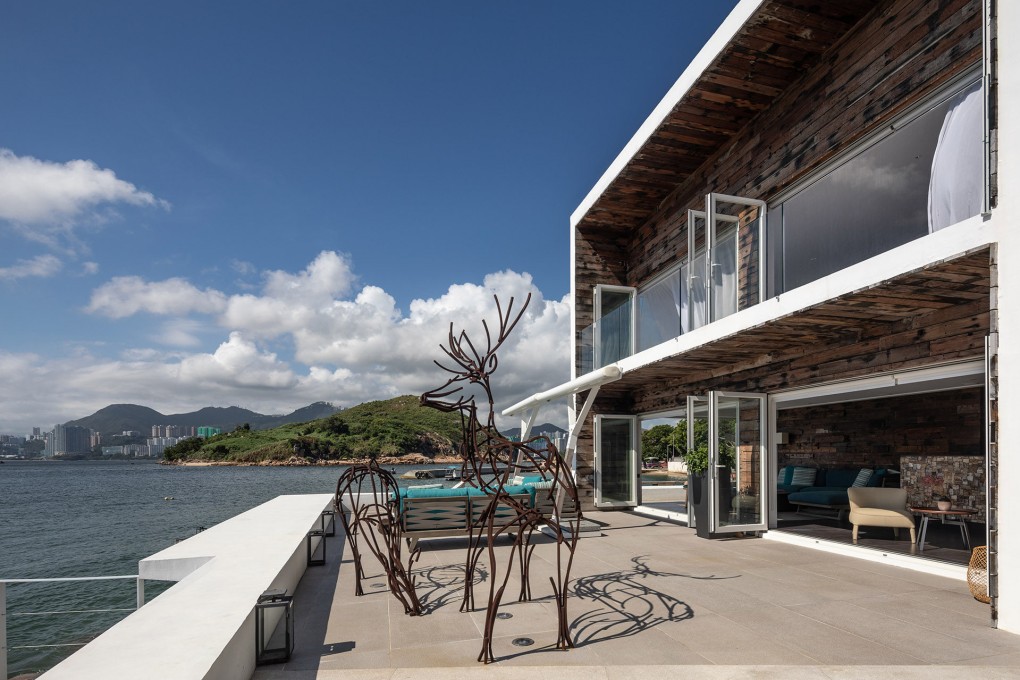Homes of the future in mind at Business of Design Week 2021 in Hong Kong, with pandemic having brought the issue into sharper focus
- Designers Steve Leung, Freeman Lau and Tino Kwan will discuss at Business of Design Week in Hong Kong how the pandemic has changed thinking about future homes
- For moderator Clover Lee, the pandemic has accelerated the democratisation of design, with homeowners becoming active participants because of social media

When interior designer Steve Leung was asked to host a panel discussion at the 2021 Business of Design Week (BODW) in Hong Kong, his thoughts turned to another event: the International Design Carnival in Guangzhou, to be held in late 2022 after being postponed by the pandemic.
Along with two other Hong Kong designers, Freeman Lau and Tino Kwan, Leung will explore how urban dwellings will adapt to new lifestyles and technological realities in the coming years.
“We have been pondering and exploring the infinite possibilities of future homes since 2019,” he says. Since then, Covid-19 and endless months of restrictions – which saw many work and study from home – have given the topic an even sharper focus.
Leung says the pandemic is a prompt to “rethink our living spaces, particularly their multifunctionality and [in light of] increased concerns towards hygiene standards”. That inspired him to assemble a team to chat about those possibilities at BODW, in a session titled “Rewriting the Blueprint of Future Homes”, to be streamed online on December 3.

Leung, Lau and Kwan will take the stage alongside moderator Clover Lee, an architect and principal of Hong Kong design firm plusClover. “The three of them being masters, having been in the business for that long, I think it’s interesting that they’re taking the lead in opening up this conversation,” she says.